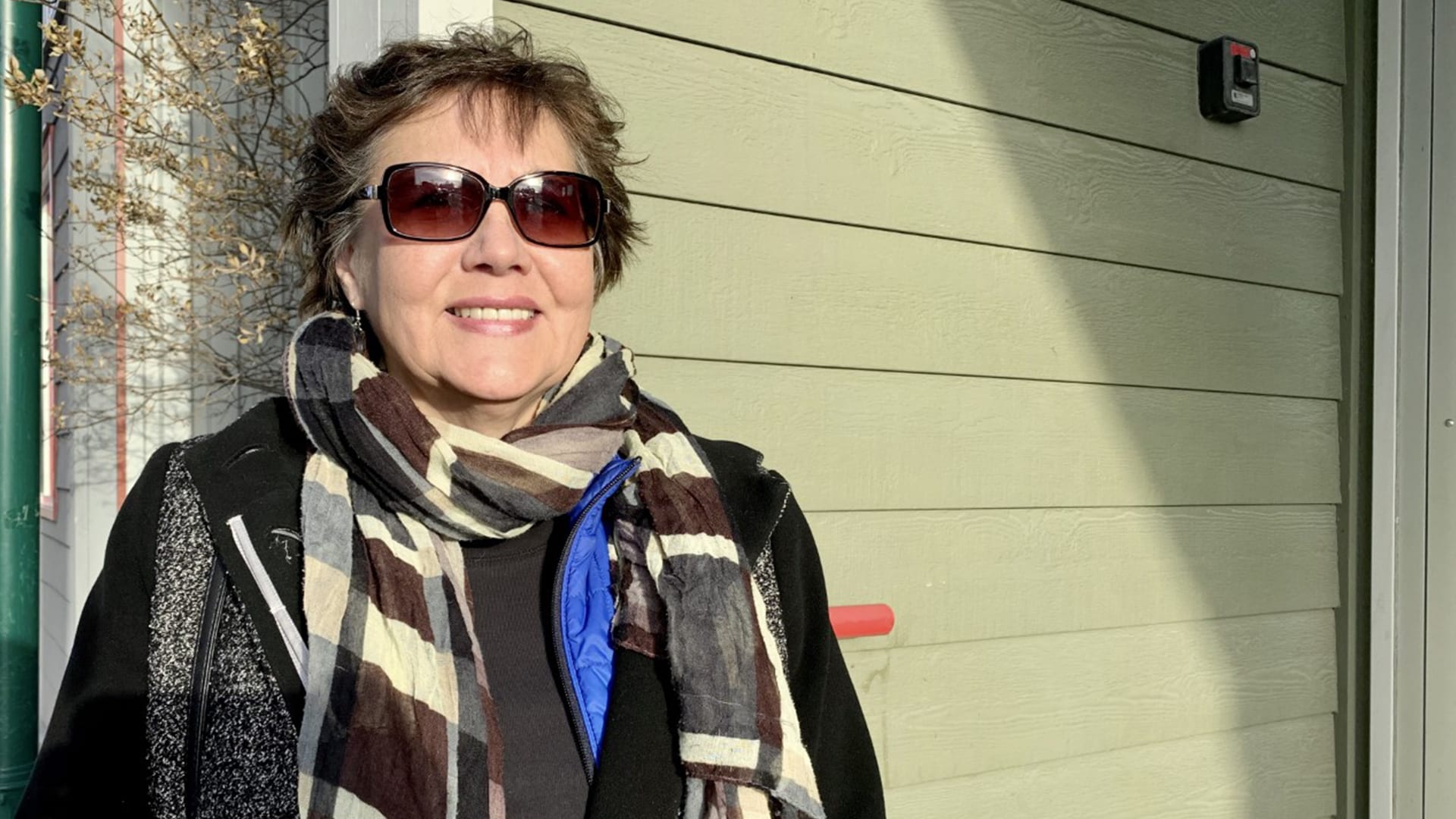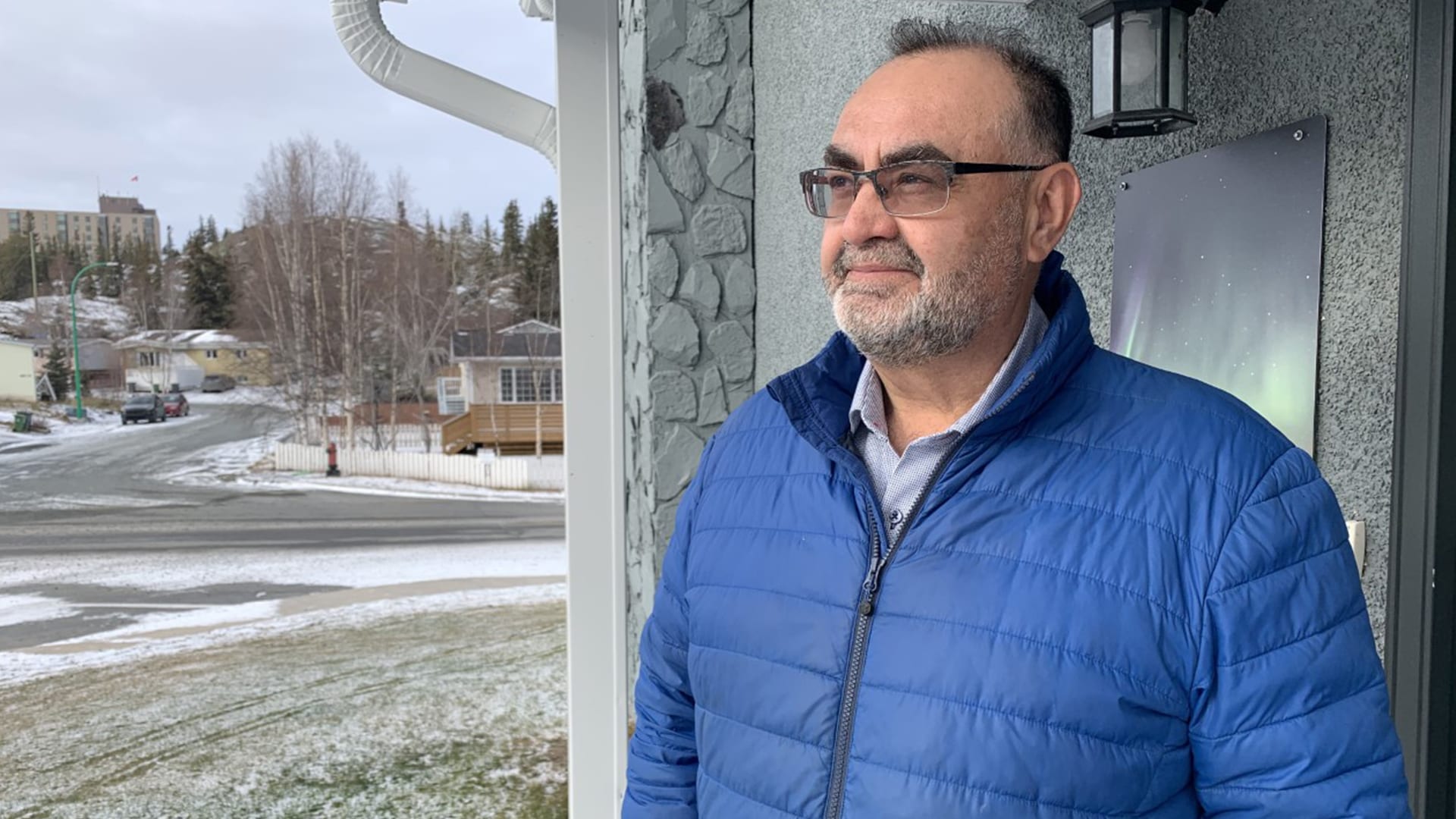The government of the Northwest Territories is promising to hire more Indigenous Peoples to work in the public service.
On a Nov. 4, session in the legislative assembly, Caroline Wawzonek, minister of Finance, said new targets will be set for every department in government.
“This Framework will begin with a look at best practices from other jurisdictions, the development of an Indigenous Labour Force Analysis of the Northwest Territories and a thorough review of current programs, tools, and resources,” Wawzonek said.
The framework will be implemented under the current affirmative action policy, a longstanding piece of legislation aimed at prioritizing and increasing the number of Indigenous people working in the public sector.
Wawzonek acknowledged the number of Indigenous northerners has remained the same “for the last several decades” and has been met with opposition.
According to the 2016, there were 20,860 Indigenous Peoples in the N.W.T., making up almost 51 per cent of the population. But Indigenous representation within the public sector hovers at 30 per cent.

It’s been a priority echoed in many politicians past – repeatedly playing out in new standing committees and annual reports.
Brenda Norris is one such critic who said much of the discussions so far have been lip service.
An Inuvialuit beneficiary she’s worked in various human resource (HR) and policy roles in the public sector and mostly recently as manager of Diversity and Inclusion from 2014-2015.
“When I took the job as manager I thought ‘wow I can make a change and do something,’” Norris said.
But the excitement quickly faded.
“I noticed that whenever it was brought up in the leg (legislative assembly) the lack of Indigenous representation in the public service, that HR would scramble and they would come out with all these stats about the lack of education,” she said.
Norris has also worked many communications jobs for several First Nations and private companies.
Read More:
Yukon looks to fill big gap in Indigenous jobs in public service
Watch APTN Investigates Article 23 on hiring in Nunavut
The affirmative action policy categorizes hiring priority into three groups: Indigenous northerners, those born in the N.W.T., or who have lived half their life in the territory, and everyone else.
“As the years went by as I looked at each one the gaps got higher and higher and higher in salary,” said Norris. “And the last time it was in the annual report I think it was about 19k difference between Indigenous and non-Indigenous employees.”
Norris equated some salary gaps to a low numbers of indigenous people in senior management positions.
“When I brought it to the attention of the then dm (deputy minister) they took it out of the annual report the next year, that’s how they dealt with it. That’s how things are done,” she said.
“They take information and display it in a different way so it looks like it’s really attractive when it’s not.”

Tom Beaulieu spent three terms as a member of the legislative assembly in the N.W.T.
But even Beaulieu faced opposition when he suggested changing the government’s target for Indigenous hires to reflect the working population.
“If you look at the workforce, when you look at the population of the N.W.T. 51 per cent is Indigenous and people for the working age of 16 to 65 is only 42 per cent. So what I always thought was maybe the new target should be 42 per cent,” he said.
“Because if you keep it the same at 50 without a strategy it stays at 30 percent always.
APTN News requested an interview with Frieda Martselos, the territorial government’s leader of the Standing Committee on Government Operations, but was denied an interview.
The committee is expected to table a report on increasing the number of Indigenous Peoples in the workforce this assembly.









